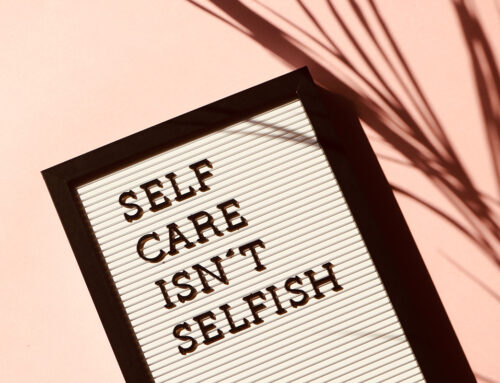When you’re going through a stressful time in your life do you often imagine the worst-case scenario, or do you try and stay positive? Research shows you might be better off staying optimistic and building positivity in your life even when times are tough – for the sake of your physical and mental health. Reducing negativity in stressful situations will make it seem like the situation is a lot easier to handle. Research also suggests that those who focus on positive emotions in their life are healthier physically, socially, and psychologically.
Why is positivity so important?
You can be a healthier person
Financial success, supportive relationships, mental health, coping, physical health and longevity all have better outcomes for those individuals that experience more positive emotions in their lives.
Your work will be easier
Focusing on positivity results in increases in creativity, efficiency, and flexible thinking. These increases in productivity, and decreases in stress, create an environment that’s optimal for your functioning. Ultimately making your work (and life) easier, being more optimistic will make you work smarter, not harder.
You can live longer
Positive emotions function as an antidote for negative emotions. People who are happier achieve significantly better life outcomes than people who are surrounded by negativity. Research indicates that those who experience a ratio of 3:1 positive to negative events or greater can live up to ten years longer than those with a 1:1 ratio.
Your future will be brighter
By helping cope with adversity through positivity in the moment, you are more likely to feel good in the future when remembering these events. Over time, through repeated exposure to experiencing positive emotions in the present moment, you will naturally develop a more open and flexible coping style. In turn, this will increase your resiliency to facing adversity and you’ll be able to bounce back quicker.
Can optimism be taught? Yes!
Thinking positively may come naturally for some, but for others, it requires work. One simple way to increase positivity in your life is practicing gratitude. Gratitude helps people feel good in the present moment, as well as, in the future.
How does gratitude work?
Grateful people experience positive affect more intensely and frequently in their lives, utilize healthier coping skills, and overall embody more positive traits. Gratitude often leads to a greater peace of mind, feelings of hope, and satisfaction. So how do you practice gratitude? Each night before you go to bed, think about Three Good Things that happened in your day. By taking the time to consciously outwardly express gratitude, you’ll be remembering the good things in your lives while also fostering appreciation. This appreciation in turn triggers positive feedback loops, all in a matter of five minutes.
The Science Behind Three Good Things
In 2005, Dr. Martin Seligman, a psychologist, conducted a study where participants were asked to write down three good things in their lives daily for one week. After one week, participants were 2% happier than before. After two weeks, the Three Good Things exercise was also effective in increasing well-being and decreasing stress. At a one month follow-up, participants were 5% happier, and at six months, happiness levels had increased by 11%.
At a neurological level, the Three Good Things exercise teaches the brain to focus on the positive events that happen to individuals every day. By simply identifying three good things that happened during the day, we can teach the brain to release serotonin, oxytocin, and dopamine – all these neurochemicals aid in creating positive feelings and well-being. The release of these “feel good chemicals” also combats the effects of stress hormones.
The take home message from this study? Taking just a few minutes out of your day can impact your overall well-being and happiness.
In the context of a day, the Three Good Things exercise is a fleeting thought. Yet it can still have lasting effects throughout our lives.





